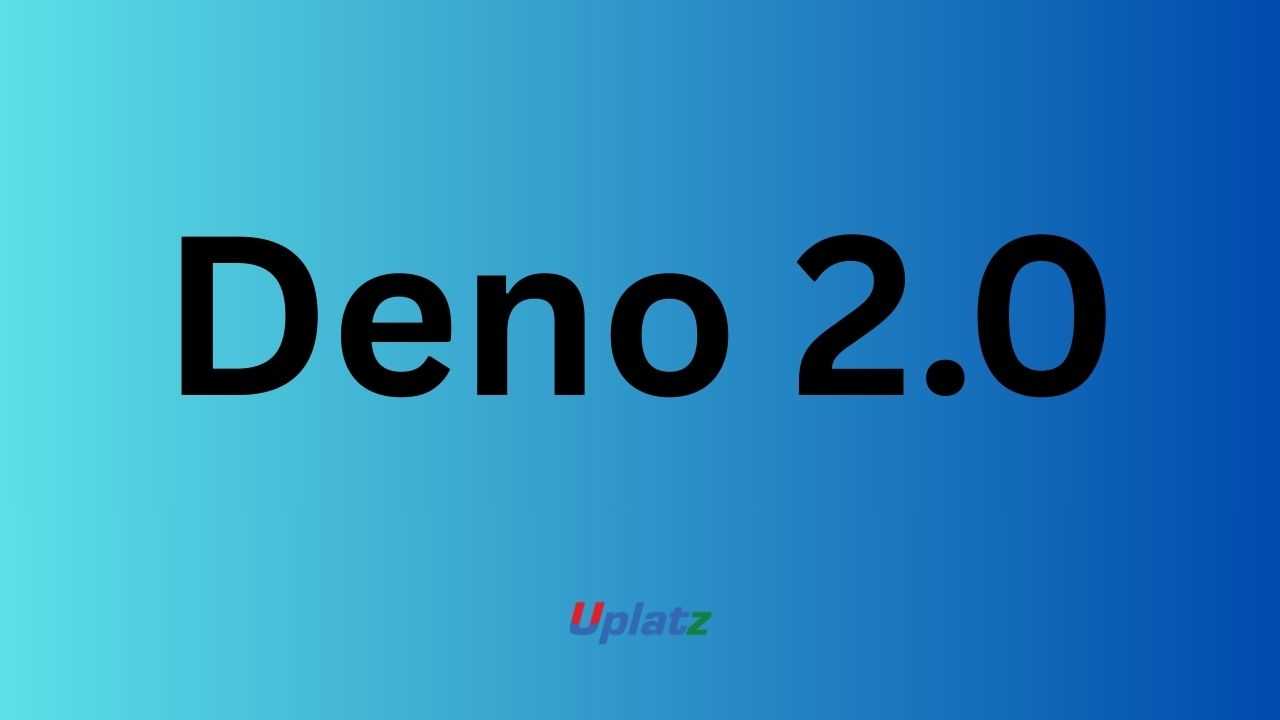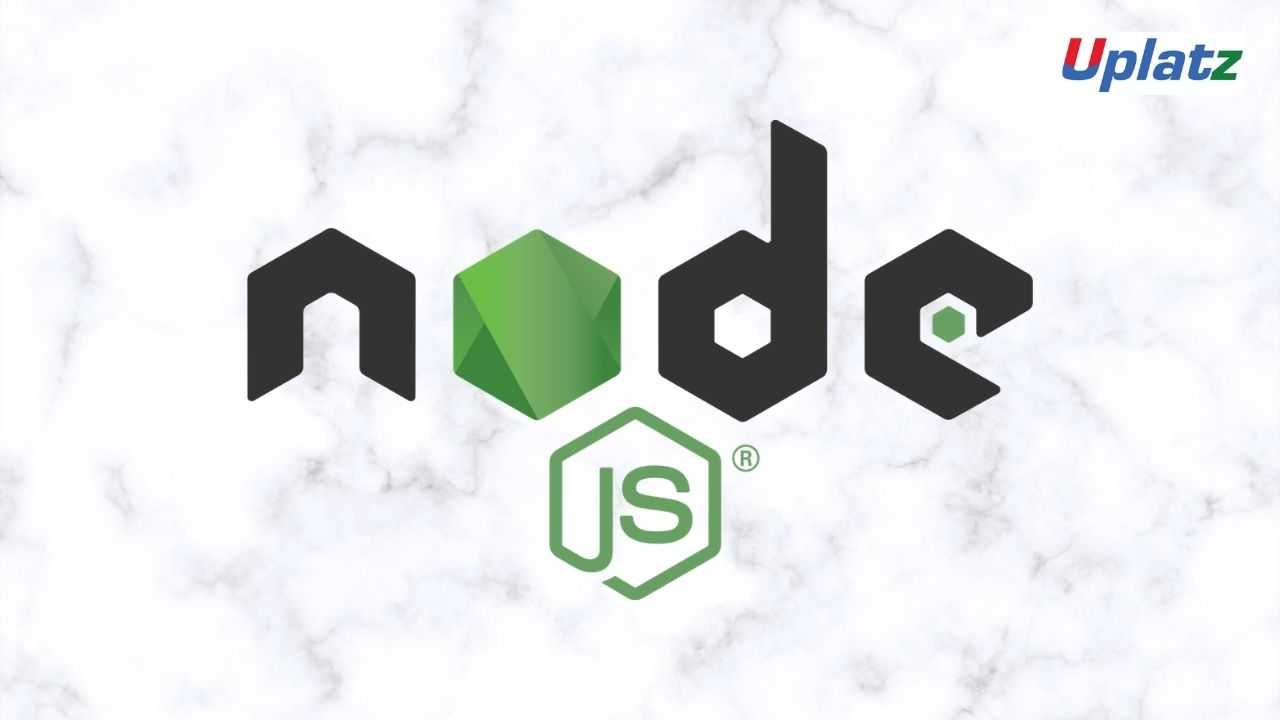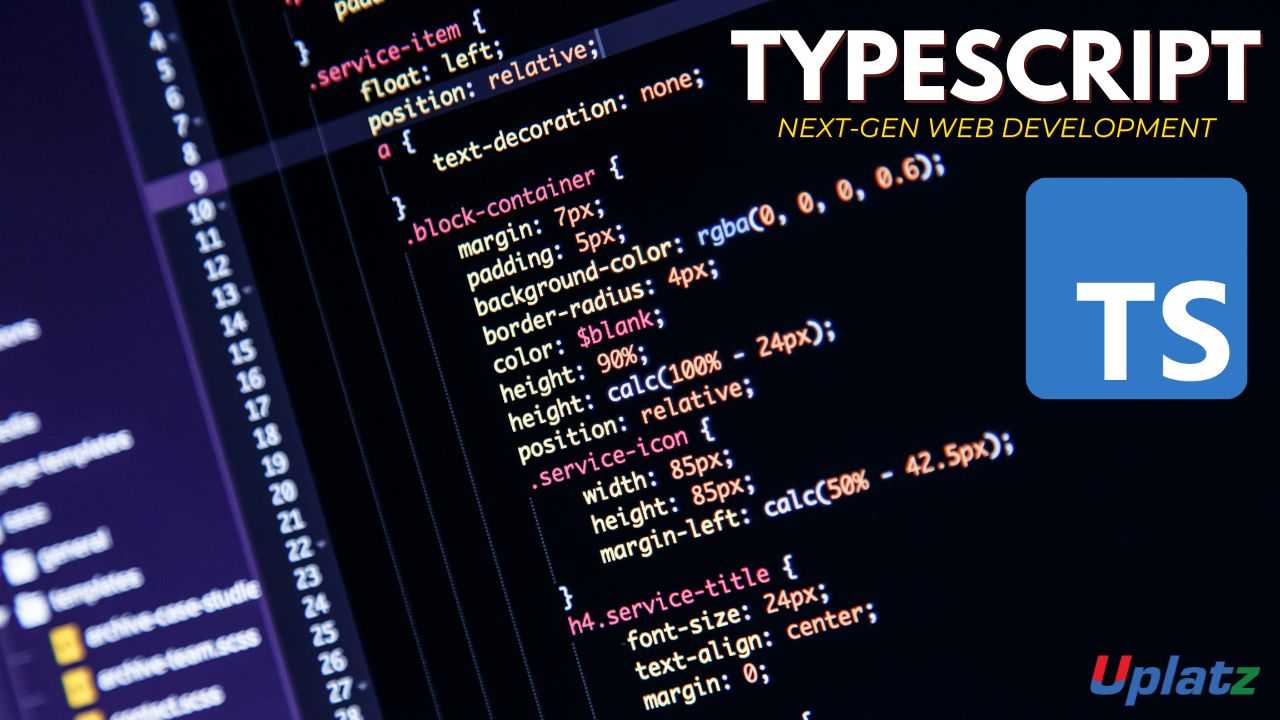Deno 2.0
Master Deno 2.0 to build secure, modern JavaScript and TypeScript applications with simplicity and performance. Price Match Guarantee
Full Lifetime Access
Access on any Device
Technical Support
Secure Checkout
Course Completion Certificate
Price Match Guarantee
Full Lifetime Access
Access on any Device
Technical Support
Secure Checkout
Course Completion Certificate
 97% Started a new career
BUY THIS COURSE (
97% Started a new career
BUY THIS COURSE (GBP 12 GBP 29 )-
 87% Got a pay increase and promotion
87% Got a pay increase and promotion
Students also bought -
-

- Bun Runtime
- 10 Hours
- GBP 12
- 10 Learners
-

- Node.js
- 21 Hours
- GBP 12
- 1896 Learners
-

- TypeScript
- 13 Hours
- GBP 29
- 4569 Learners

Deno is a modern JavaScript and TypeScript runtime created by Ryan Dahl, the original creator of Node.js. Unlike Node.js, Deno is designed with security, simplicity, and developer experience in mind. With Deno 2.0, developers gain a stable runtime that comes with TypeScript support, secure permissions, a built-in package manager, and modern APIs—without the legacy issues of Node.js.
This course introduces learners to Deno 2.0 fundamentals, modules, APIs, security, and real-world applications. By the end, you’ll be able to build secure, fast, and maintainable applications using Deno.
What You Will Gain
-
Understand the key improvements in Deno 2.0 compared to Node.js.
-
Learn to install, configure, and run Deno applications.
-
Build apps with TypeScript and modern ES modules by default.
-
Manage dependencies with Deno’s built-in package system.
-
Use Deno’s standard library and web-compatible APIs.
-
Apply Deno’s secure permission model for safer applications.
-
Deploy Deno applications in production.
Who This Course Is For
-
JavaScript/TypeScript developers exploring alternatives to Node.js.
-
Backend developers seeking a secure runtime.
-
Full-stack engineers using Deno with frameworks like Fresh and Aleph.js.
-
Students & professionals learning modern runtimes.
-
Startups & enterprises looking for simplicity and enhanced security.
How to Use This Course Effectively
-
Start with Deno basics – installation and permissions.
-
Experiment with small apps like APIs and CLI tools.
-
Progress to advanced features like workers, web APIs, and testing.
-
Integrate Deno with frameworks and databases.
-
Explore security features and permission flags.
-
Revisit modules for deployment and scaling.
By completing this course, learners will:
-
Install and configure Deno 2.0.
-
Build secure apps with TypeScript and ES modules.
-
Manage dependencies without npm or package.json.
-
Use Deno’s permissions and sandboxing.
-
Create APIs, servers, and real-world applications.
-
Deploy Deno applications to production environments.
Course Syllabus
Module 1: Introduction to Deno
-
What is Deno?
-
Node.js vs Deno: key differences
-
Installing and running Deno 2.0
Module 2: Core Features
-
Native TypeScript and ES modules
-
Built-in dependency management
-
Deno’s secure permission system
-
Deno standard library
Module 3: Building Applications
-
Writing scripts and CLI tools
-
File system and network APIs
-
Environment variables and configuration
-
Debugging and logging
Module 4: Web Development with Deno
-
Creating HTTP servers
-
REST API development
-
WebSocket support
-
Using Deno with frameworks (Fresh, Aleph.js, Oak)
Module 5: Advanced Features
-
Workers and concurrency
-
Deno’s test runner
-
Bundling and compiling apps
-
Using npm compatibility in Deno 2.0
Module 6: Security & Permissions
-
Permissions model (read, write, net, env, run)
-
Sandboxing applications
-
Secure coding with Deno
-
Auditing and compliance
Module 7: Integrations & Ecosystem
-
Using Deno with databases (PostgreSQL, MongoDB, SQLite)
-
Deno with GraphQL and REST APIs
-
Integrating with frontend frameworks
-
Cloud-native development
Module 8: Deployment & Scaling
-
Deploying Deno apps with Deno Deploy
-
Docker and Kubernetes for Deno
-
Scaling Deno servers
-
Monitoring and logging
Module 9: Real-World Projects
-
REST API with Deno and Oak
-
Chat app with WebSockets
-
CLI tool for file automation
-
E-commerce backend with PostgreSQL
Module 10: Best Practices & Future Trends
-
Structuring Deno projects
-
Comparing Deno vs Node.js vs Bun
-
Security and performance considerations
-
The future of Deno 2.0
Learners will receive a Certificate of Completion from Uplatz, validating their expertise in Deno 2.0 and modern runtime development. This certification demonstrates readiness for roles in backend engineering, full-stack development, and cloud-native applications.
Deno 2.0 skills prepare learners for roles such as:
-
Backend Developer (JavaScript/TypeScript)
-
Full-Stack Engineer (Fresh, Aleph.js, Oak)
-
API Developer (REST/GraphQL)
-
Software Engineer (secure apps)
-
DevOps Engineer (runtime optimization)
Deno is increasingly being adopted as a secure, modern alternative to Node.js, making it valuable for startups and enterprises focused on performance and safety.
1. What is Deno 2.0?
A modern JavaScript/TypeScript runtime built with security and simplicity in mind, offering built-in TypeScript, ES modules, and permission control.
2. How does Deno differ from Node.js?
Deno is secure by default, uses ES modules, has built-in TypeScript support, and does not rely on package.json or npm.
3. What is Deno’s permission system?
A security model requiring explicit permission flags (--allow-read, --allow-net, etc.) for accessing resources.
4. Can Deno run npm packages?
Yes, Deno 2.0 includes compatibility with npm packages.
5. What are some use cases for Deno?
REST APIs, CLI tools, real-time apps, microservices, and cloud-native applications.
6. What are the benefits of Deno 2.0?
-
Security by default
-
Built-in TypeScript and ES modules
-
Simplified dependency management
-
Strong developer experience
7. What are challenges with Deno?
-
Smaller ecosystem compared to Node.js
-
Limited enterprise adoption
-
Learning curve for developers used to Node.js tooling
8. What frameworks are available for Deno?
Fresh, Aleph.js, and Oak are popular frameworks for building apps with Deno.
9. How does Deno Deploy work?
A cloud platform by the Deno team to run Deno apps globally at the edge with zero configuration.
10. Where is Deno being adopted?
By developers, startups, and companies looking for secure, TypeScript-first runtimes as alternatives to Node.js and Bun.









